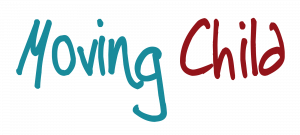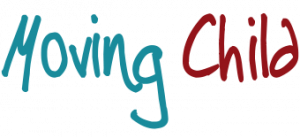The MiBiKids association offers German language support for kindergarten children and pupils with a migration background. The demand for the support courses is enormous! With an average of 299 children taking part in 2024, the number of participants has reached a new high and there are already over 250 new registrations and re-registrations for the coming school year – more than ever before the new courses started.
Moving Child continued to fund the “integrative learning therapy” project at the Quinoa School in Berlin-Wedding in the 2023/24 school year. There is great news at the end of the 2024 school year: All 10th grade students are leaving the school with a diploma. Many of the students have already been placed at other schools or in vocational training as part of the follow-up support.
We are very happy for the family center “Die Brücke” in Berlin! “Die Brücke” was awarded the Three Kings Prize 2024 – an integration prize for initiatives that promote the coexistence of people of different cultures, languages and religions. What great appreciation for the valuable work of the family center! Moving Child has been supporting “Die Brücke” since 2023.




